Energy Saving Tips
We are a co-operative REA distributing power and building community.
-
Savings When Cooking
- Make sure your oven door closes tightly.
- Use a microwave rather than a conventional oven, when possible. Nothing is more energy efficient for cooking than your microwave. It uses two-thirds less energy than your stove.
- Keep the center of the pan over the element and keep the lid on when cooking on the stovetop.
- By using kitchen and bathroom exhaust fans to remove the excess heat and moisture, you may save each month on your overall cooling bill.
-
Save on your Appliances
- Keep your fridge temperature at 5°C and the freezer at 17°C.
- Aim to keep your fridge at least three-quarters full to maintain maximum efficiency. A full fridge keeps it from warming up too fast when the door is open, so it won’t have to work as hard to stay cool.
- Avoid putting warm or hot food in the fridge or freezer, as it requires more energy to cool it down.
- Defrost your fridge regularly. When ice builds up, your freezer uses more electricity. If it frosts up again quickly, check that the door seals are strong and intact.
-
Save on your Laundry
- Wash full loads of laundry. You will use your machine less often and it’s more energy efficient.
- Wash at a lower temperature, or economy setting. About 90% of the energy used in a clothes washer goes to water heating.
- Hang washing to dry rather than tumble drying. Not only will you save energy, your clothes and linens will smell fresher.
- Make sure your dryer’s outside vent is clear and clean the lint filter after every load. When shopping for a new dryer, look for one with a moisture sensor that automatically shuts off when clothes are dry.
- If you need to tumble dry, try a lower temperature setting.
- Use your dryer for consecutive loads because the built-up heat between loads will use less energy.
-
Hot Water Savings
- Check your hot water temperature. It does not need to exceed 140°F.
- Turn your water heater to the normal setting when home and to the lowest setting when away.
- Showers are better – a bath consumes 5 times more hot water. Purchase a low-flow showerhead for more efficiency and it will pay for itself in no time.
- Your dishwasher uses less water than washing dishes by hand. Let dishes air-dry to save even more.
- Avoid washing dishes under hot running water.
-
Savings on Lighting
- Get into the habit of turning lights off when you leave a room.
- Consider three-way lamps; they make it easier to keep lighting levels low when brighter light is not necessary.
- A single 20-to-25-watt, energy saving bulb provides as much light as a 100-watt, ordinary bulb.
- Use outdoor lights with a timer, photocell unit or a motion sensor so they will turn on only at night or when someone is present.
- A combined photocell and motion sensor will increase your energy savings even more.
-
Tips for Summer Months
- Ensure you have adequate insulation. Insulation is designed to keep heat out during the summer and to keep heat in during the winter. Adequate insulation can more than pay for itself in just a few years, in money saved on air-conditioning and heating operation.
- Shade your windows, particularly on the east, south and west sides with awnings, solar screens, and shutters. Trees and shrubs that shade your home also help to reduce the air-conditioning workload.
- Consider installing a programmable thermostat. By adjusting the temperature by a few degrees to match your schedule will save money while keeping your home comfortably cool.
- Try decreasing your air conditioner temperature. Even 2 degrees higher could mean significant savings, and you’ll probably not notice the temperature difference.
- While away from your home, keep central air conditioner usage to a minimum, or even turn the unit off.
- Annual maintenance to your air conditioner will maximize its efficiency.
- Replace air conditioner filters every month for maximum benefits. Dirty filters restrict airflow and can cause the system to run longer, increasing its energy use.
- Leaking ductwork can account for 25% of cooling costs in an average home, so have your ducts tested and have any leaks or restrictions repaired by a qualified contractor.
-
Tips for Winter Months
- By using a programmable thermostat and lowering your temperature at night and when you leave in the morning by a few degrees, you can save up to 10% on your heating bill.
- Home insulation is the number one cause of heat loss in a home. You should have at least 7” of insulation (or R22). Also check the seal around your outside doors for drafts.
- Change your furnace filter every 1 to 3 months for greater efficiency. A dirty filter will cause your furnace to run more often.
- Buy LED Light bulbs, which can provide over 90% energy savings, compared to traditional light bulbs. They are durable and rated for a 10-year life. They also produce lower heat compared to conventional bulbs.
- Use a block heater timer during cold winter nights. Vehicles only require 4 hours before you plan to use your vehicle.
- Install timers on your holiday lights to ensure you are not using more energy than needed.

